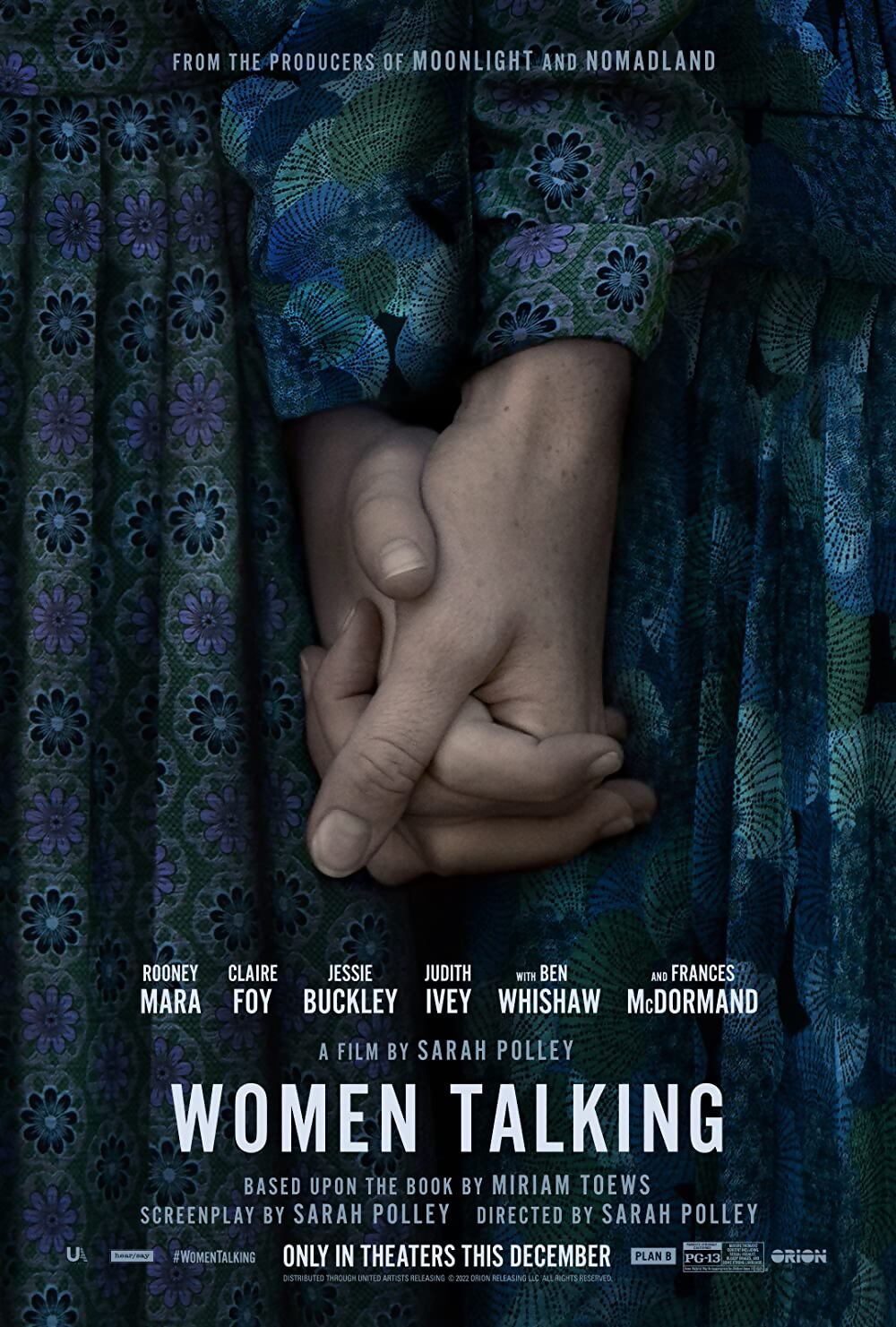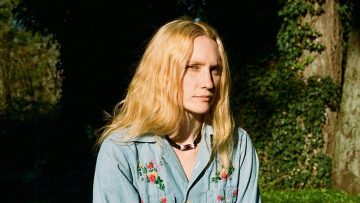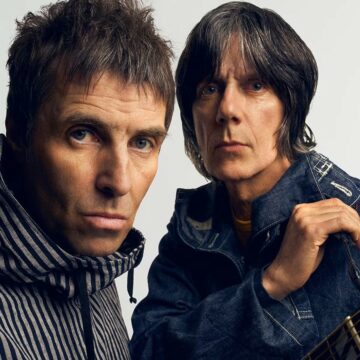★★★★☆
Women Talking is a film about exactly what it says on the tin; women, talking. Bringing together a superb cast of some of the finest women in Hollywood, Sarah Polley has masterfully crafted a beautiful, well-paced and intricate story of quiet resilience, anger and survival.
Eight women gather in a barn. They and their fellow women in the Mennonite community have been drugged, raped, and beaten in their sleep, so they must now decide whether they want to stay and fight the men or if they should leave the colony together in search of a new, better life.
The women are varied in their opinions. Mariche (Jessie Buckley) would prefer to forgive the men so that they won’t jeopardise their eternal life. Salome (Claire Foy) wants to fight the men and punish them for what they have done. Ona (Rooney Mara), pregnant by her attacker, alternates between wanting to leave to gain perspective and staying in the only home these women have ever known.

Credit: MGM
A film that is built entirely around conversations shouldn’t work this well. Yet, Women Talking is riveting and profoundly devastating and moving. Polley expertly directs and writes her characters, creating these authentic, lived experiences for them with her exemplary cast. As a filmmaker and storyteller, she is gentle but never weak.
Her cast does a lot of the heavy lifting. Foy is all fire and brimstone, angry for the unspeakable horrors her family has endured, while Mara’s Ona is calm and peaceful. Ona is often the voice of reason in these conversations. She wonders if the women need space and distance to begin to be able to forgive the men.
Buckley’s Mariche might be the most devastating of them all. Even with a brutal, violent husband, she still wants to stay. Part of Polley’s skill here is to always understand and empathise with the women’s reasonings. These women were never taught to read or write, they would be utterly helpless after they leave the colony, so the idea of venturing out is terrifying.
Hildur Guðnadóttir, who also composed the score for Joker, has created a score that never over-powers Polley’s script but accompanies it and, in key moments, amplifies it. Luc Montpellier’s cinematography makes the most out of the simple locations, constantly focusing on these women’s faces and what horrors they have seen.
The ugly, obvious colour grading is the only element bringing Women Talking down. The entire film is veiled in hues of blue and grey. It’s a clear creative choice, but with a nuanced script and a cast this talented, you don’t need to hammer home the message with the colour palette.
Polley, already an accomplished director, has potentially delivered her finest work yet. An actress herself, she’s clearly able to nurture her actors into delivering the very best performances, as there are no weak links here. Women Talking is powerful cinema; it’s frustratingly timely and consistently accurate in describing women’s pain. It’s also a testament to the silent solidarity and community all women share.
Women Talking screens at this year’s BFI London Film Festival and is in cinemas on February 14.





